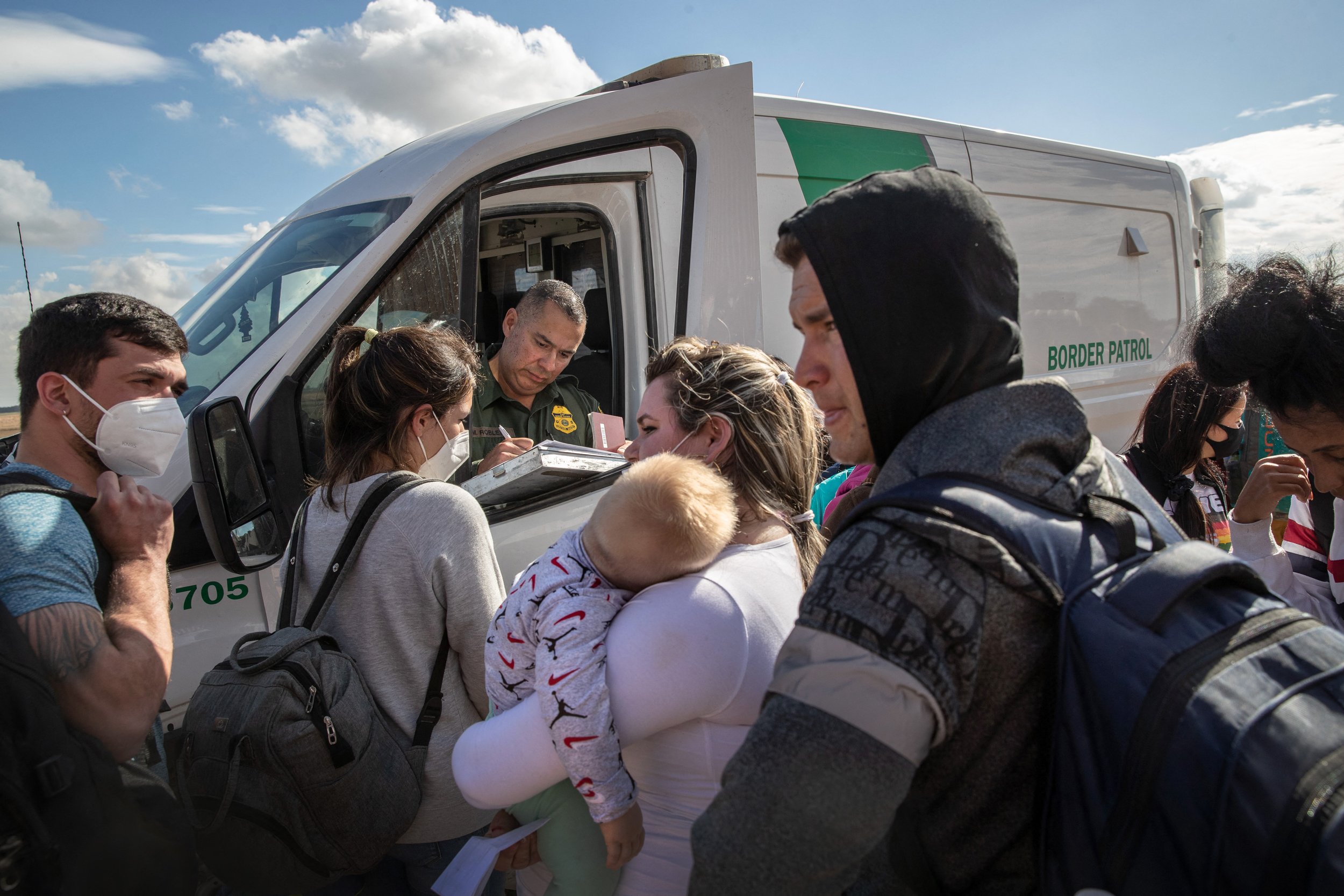The Case Against Joining the Military
With the rising popularity of esports, several military branches have established accounts on livestream gaming platforms like Twitch in order to target younger people for recruitment. Last week, I spoke with Lyle Rubin, a Marine Corps veteran, writer and speaker with We Are Not Your Soldiers, a military counter-recruitment group that tells students about the realities of joining the military. Counter-recruitment is just one slice of veteran anti-war efforts at large, which people can learn more about at websites like WANYS and About Face: Veterans Against the War.
Rubin spoke with me about his journey to military counter-recruitment, his work with students and how the police and prison abolition movement is leading the way for an anti-imperialist uprising.
‘I lost faith in American militarism because it was just so grotesque’
Lyle was in the Marine Corps between 2006 and 2011. As a freshman in college during the Sept. 11 terrorist attacks, he embraced the politics of the War on Terror, convinced the U.S. was “bringing democracy and freedom” to Iraq and Afghanistan. His experience at boot camp — which he says indoctrinated him in a “culture of killing” — and his time as a lieutenant in Afghanistan changed his mind.
“It just struck me as … fundamentally barbaric, what we were involved in. We were occupying other people’s land with a whole lot of guns and killing machines, and we were policing these people. And most of us, myself included, didn’t speak their language. We knew next to nothing about them, both as individuals or as collective communities,” Rubin said.
‘There are broader social and economic forces at play’
Rubin began his anti-military work around 2012. He joined We Are Not Your Soldiers after hearing about it from a family friend, and speaks with students in New York City and, previously, in Ohio, Indiana and North Carolina.
While some counter-recruiters tell kids to not join the military or frame it as amoral to join, Rubin recognizes the impossible choices that kids face. For example, some displaced students from countries occupied by the U.S. have told him that they’re targeted by military recruiters for their language abilities and are told they could be offered pathways to citizenship in exchange for their service. He tries to show them how his individual experience connects to the sprawling global effects of the military-industrial complex.
‘It’s just a big moral elephant in the room’
“Most Americans really have no idea what’s going on, and that’s obviously by design … Even in progressive outlets, there’s far less discussion about the kind of violence the U.S. government and the corporations behind them are unleashing abroad,” Rubin said. “Even among young people who can tell you a lot about the prison-industrial complex and trade unionism and trans rights have no idea we’re droning people in Niger or there are special forces, as I speak, initiating raids in Somalia and all across sub-Saharan Africa.”
“You do see a lot of movies and books [with] ‘shoot and cry’ narratives … Veterans come home and have their regrets, and there’s something redemptive that happens. I think there’s a place for exploring the inner lives of veterans … But they don’t connect to broader forces, whether it’s capitalism, empire, white supremacy, and that’s really the conversation that I always try to have,” Rubin said.
‘We’re at a place where the ‘good guys’ can’t even make mild reforms to American militarism’
“Hell yeah, I would love to abolish all institutions of violence that are designed to upwardly redistribute power and wealth for a tiny [group of people]. But we’re at a place right now where even the ‘good guys’ in our political system can’t even make the most mild, narrow, targeted reforms with regard to reining in American militarism,” Rubin told me. “We’re finally starting a conversation when it comes to domestic policing of people of color and poor and working people, but I don’t even think our country has begun a conversation about the kinds of state violence that we’re executing abroad, and its relationship to stuff like military recruitment.”





